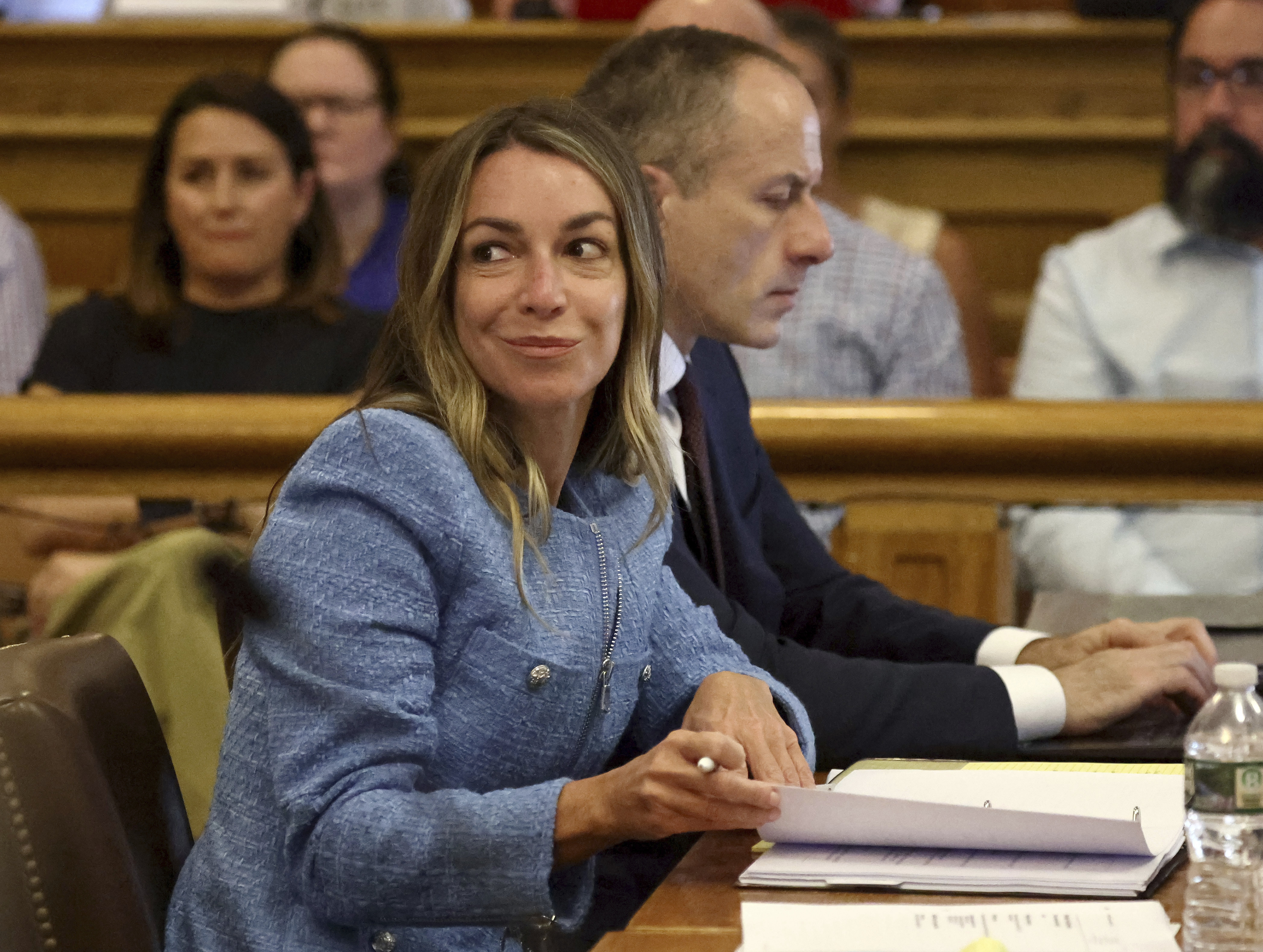Mere minutes after a mistrial was declared Monday in the controversial Karen Read murder case, prosecutors announced they plan to re-try the case. A hearing is already set for July 22 to start to determine how that process will move forward.
But what might a second Karen Read trial look like, and how could it differ from the first? Our legal experts did a deep dive on this during Monday's episode of "Canton Confidential," even answering some viewer questions about what to expect.
WATCH ANYTIME FOR FREE
Stream NBC10 Boston news for free, 24/7, wherever you are. |
"I'm not surprised they're going to re-try it," said Katherine Loftus, a Boston attorney with Loftus & Loftus PC. "The commonwealth believes Karen Read is guilty. And you have the outside secondary issue, really they've been accused — the office itself, law enforcement, everybody involved — of this cover-up, so I think they have sort of a two-fold goal of the next case."
Get updates on what's happening in Boston to your inbox. Sign up for our News Headlines newsletter.
But she said she expects to see a very different case the second time around.
"I do think they need to shorten it," Loftus said. "I think that one of the many problems the commonwealth had was they really focused too much on the defense theory. I think they need to really on the front end maybe call a few witnesses, one or two police officers, one or two civilians. It's all the extras that we don't need. Focus on the evidence, what the strength of their case is."
She also said she wouldn't be surprised if a special prosecutor is brought in to assist Assistant District Attorney Adam Lally.
"You need someone stylistically, someone to go toe-to-toe with whoever it's going to be — David Yannetti, who knows if Alan Jackson is going to stay on. Obviously, as you said, it costs a lot of money to re-try a case like this."
"I think both sides are going to take some time, tweak what they did the first time around and we'll see which way it comes out."
Sue O'Connell, NBC10 Boston commentator and analyst, agreed that focusing on the evidence will be key to the prosecution's case in the second trial, since that's what jurors seemed most interested in.
"One thing we know the jurors reviewed — they wanted to know more about the SERT search, the collection of evidence at the Alberts' property," she said. "We know a lot of stuff they didn't seem to care about just because they didn't ask for more info or seek more info. So I think that's a clue, to your point, that all this other defending of alleged other people they didn't know about didn't seem to connect with them. It was about the evidence."
But what if there's another mistrial? How many times can the case be re-tried?
"As many as it takes till they get a verdict," said Michael Coyne, dean of the Massachusetts School of Law. The fact is what we have here is a mistrial after one. They'll try her again. As a practical matter, they're not going to try her 'til the end of time, but they will in fact likely continue to try her until they reach a verdict one way or the other."
Another issue will likely entail finding an impartial jury, given how much attention the case has received. But Loftus said she doesn't think that will be a major concern.
"I think it's interesting, because we actually had this same conversation about picking a jury in April. People were so sure they couldn't pick a jury."
"I think people would be surprised," Loftus added. "For all of us consumed by this, following it every day, it seems like there's no way you could find jurors who don't know anything about this. But I think, in fact, I think you could find a fair jury. It might take a little bit more time, you might have to go through 200-300 like you did the first time."
She said it's also possible that the venue could be moved, or jurors could be taken from another county. But she doesn't think that will ultimately be necessary.
"I don't think it will be a problem finding it," Loftus said. "It might just take a little more work."




